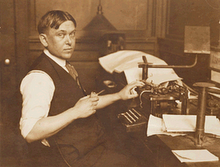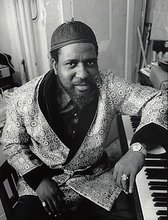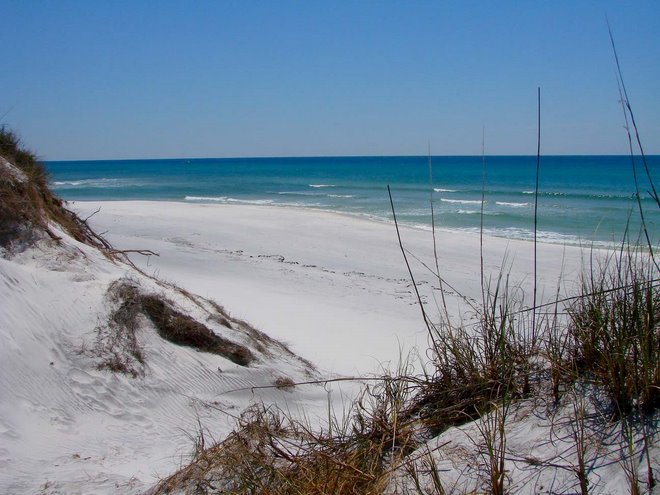This was a great period for rock n' roll and I made a list of all of the albums from this period that I still enjoy playing as I trudge towards middle age. I then whittled this first list down to a core of five essential albums. The basic criteria I used was that these are the records that can make me feel happy on a dark and gloomy day and want to thump my hands against the steering wheel while fighting traffic on Hwy. 417.
Over the next few weeks I plan to do a post on each of these five records. If you're not familiar with some of these albums you might want to check 'em out. They've stood the test of time with me since Nixon was president and gas was 35 cents a gallon.
The first album in our series is:

A Nod Is As Good As A Wink To A Blind Horse (1971) - The Faces
This is the third album by a legendary ensemble that I like to call the spare parts band of rock n' roll because most of its members were later used to replace departed or dead musicians in other bands, including the Rolling Stones and the Who. Led by Ronnie Wood this loose and carefree group of talented musicians played for the sheer love of the music and of making sure they were having a real good time while performing it. The Faces was the first, and maybe only, band to set up a bar on stage so they could have drinks served to them while playing. There are probably all kinds of laws against that nowadays.
This album catches them in peak form with such concert favorites as "Miss Judy's Farm", "You're So Rude", "Stay With Me" (their only Top 40 hit), "Too Bad" and a delightfully shambling cover of Chuck Berry's "Memphis". They were probably best appreciated live but if you were to pick one record of theirs to own this would be the album to have.
The refrain in the song "Too Bad" sums up the band quite succinctly:
All we wanted to do was to socialize
Oh you know it's a shame
I was always getting the pain
All we wanted to do was to socialize
Oh you know it's a shame
How we always get the blame
Outcasts and louts to the end, they were just a bunch of boys out for a laugh and a few pints at the pub before calling it a night. There will never be another band like 'em again.
The Faces are:
Ron Wood - Guitar
Ian McLagan - Keyboards
Kenney Jones - Drums
Ronnie Lane - Bass
Rod Stewart - Vocals
Ron Wood - Guitar
Ian McLagan - Keyboards
Kenney Jones - Drums
Ronnie Lane - Bass
Rod Stewart - Vocals
Woody and Rod onstage
Next up: Second Helping by Lynyrd Skynyrd






4 comments:
I, too, have a lot of music from the 70s as compared to the 80s. However, I would argue that the 90s, with the advent of grunge and alt rock, was a great decade for rock.
I think that the early seventies (1970 - 74) was a great era because you had all of these artists and groups from the sixties perfecting their craft and forging ahead with totally new stuff.
Bands like the Allmans and Skynyrd were recycling this vibe into newer forms and putting their own regional spin on the finished sound. I think Lynyrd Skynyrd was one of the best purveyors of Eric Clapton style English power metal to ever take the stage dressed as Southern headnecks. The mixtures and hybrids from that period were exciting and vital.
By the middle of the decade things began to bog down as more slickly produced sludge began to clog the airwaves with overwrought nonsense produced by the likes of bands such as ELO, Styx, Kansas and Journey. Thank goodness for the Ramones in '76 to steer us back towards the basic essentials of rock n' roll as the decade came to a much needed close.
That's not to say that some good stuff didn't get produced post '74 but it was few and far between compared to those heady days in the early seventies when bands were churning out inspired and original music almost every time they went into the studio.
Maybe they were burned out by '75 but it was never the same.
In the mid-80's, I became afraid that rock and roll was dying. The defining moment for the onset of that fear was one day, in Dallas, when the progressive rock station in town changed its format to classic rock, even though there was already at least one other classic rock station in town.
My anxiety was relieved once I discovered a good show or two on the local college radio station, and, even more significantly, the "Deep Ellum" live music scene in the slummy warehouses in the shadows of downtown. Rock music was, I was happy to find, vibrant and kicking all kinds of ass and destroying the confining walls of what had previously been the "definitions" of rock (read "classic" rock). It was dark and rebellious again, and sexy and sweaty and just a tad dangerous.
Commercial radio didn't pick up on this new stuff -- still hasn't, for the most part, though the commercial success of 'Nevermind' was a great relief to me -- (because?) some of this new rock sounded like country, some of it sounded like R&B, some of it sounded too 'experimental,' too 'technological,' some of it included a vocal style that sounded a bit too much like rap. (Nirvana, though, succeeded largely on traditional rock motifs.)
But a lot of the "rock" music from that time (and now, if you seek it out) was the same combination of originality and "recycling" and combining of sounds and "putting on of regional spins" that you revere as having happened in the early 70's. It's still going on today. How could it not? And the internet and satellite radio have made it less difficult to uncover than it was a decade or two ago.
If anything is killing rock and roll it's the lack of pursuit of these new frontiers (by listeners and buyers). Living in the past can kill one's adventurous spirit!
So....
If you want to explore rock and roll beyond the 1970's, there are present-day musicians working hard and 'creating' new art, for those willing to uncover them and give them a fair listen (commercial radio will be of little to no help). They are building on the music of yesterday and of other regions and cultures -- just as Skynyrd and the Stones and Led Zeppelin and countless others did back in the 70's. But isn't it more exciting to be a part of something when it's actually happening?
Tinariwen does not make a bad jumping-off point for someone who thinks that there is no interesting, vibrant rock and roll today.
http://www.tinariwen.com/word.php
Sorry if I sound soap-boxy, but I am STILL pissed about that day 20 years ago when I turned on my trusty 98 FM only to discover that they weren't so trusty after all!
aud
There are lots of contemporary bands that I like, Wilco comes to mind as well as Southern Culture on the Skids, that are every bit as vital and alive as the groups I'm celebrating in my album series.
The thing that's special about these records is how fresh and original they still sound 35 years after being released.I hope to be writing about "Nevermind" and "Blue Sky Blue" when I'm in my eighties, God willing.
Post a Comment